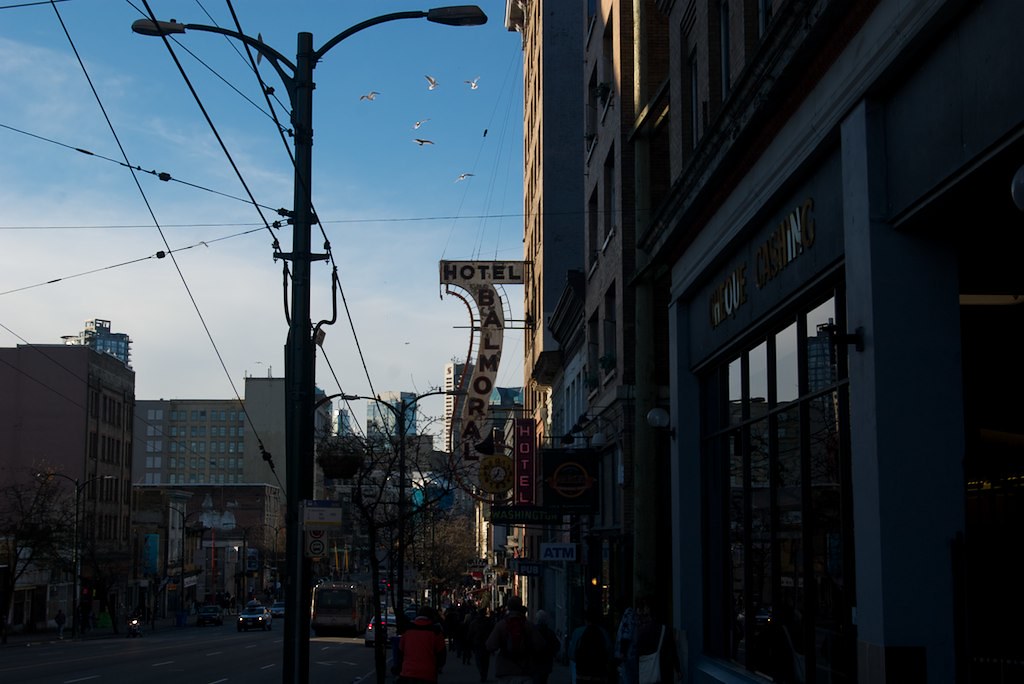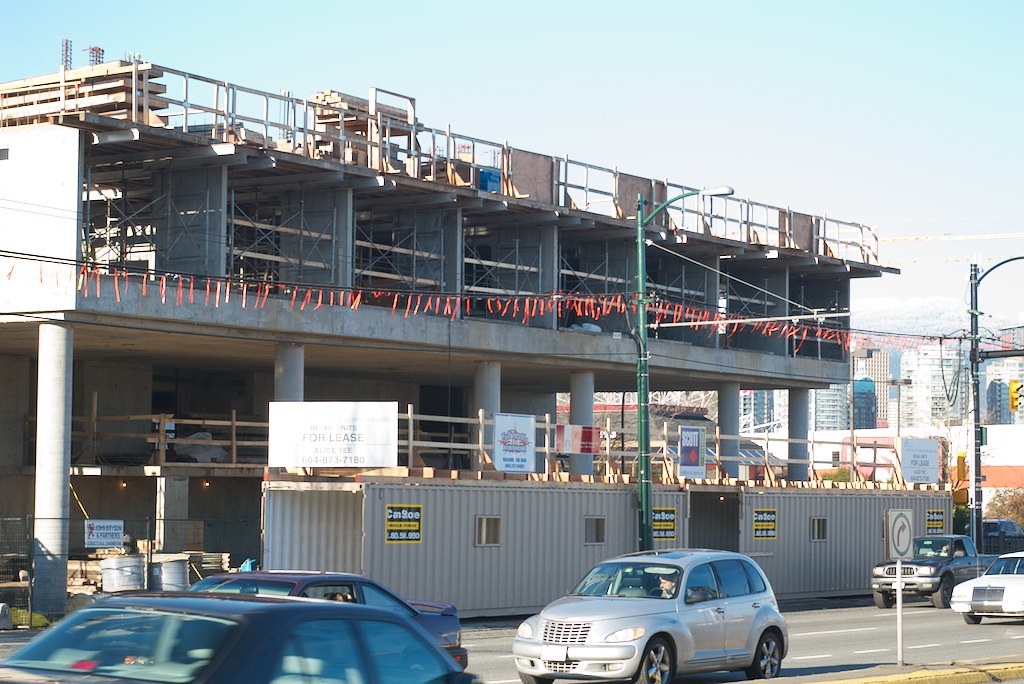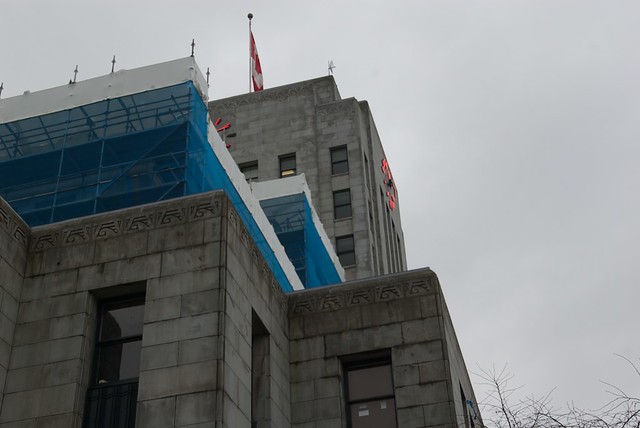WIKILEAKS |
Earlier this week The Guardian released a Wikileaks cable that discusses logistics and security concerns surrounding the Vancouver Olympics. The cable also contains speculations that the mismanagement of the Olympic Village likely decided the 2008 municipal election that left the city with a Vision majority. Gregor Robertson ran on a platform strongly condemning the NPA decision to reduce the social housing commitment at the Olympic Village. Robertson and Vision Vancouver won the election claiming that they “strongly opposed the previous NPA administration’s cuts of middle and low-income housing from the Southeast False Creek Olympic Village site,” but have since tried to run away from their own promises.
Also appearing in the Wikileaks cable is reiteration of the facts that original security cost estimates of $175 million ballooned to almost $1 billion; that the city paid only $50m for the Olympic Village land (subsequently trying to sell the land to the Millenium corporation for $200m); and that the City of Vancouver currently has a $3 billion fund for property acquisition and social housing, called the Property Endowment Fund (PEF). For years people have been trying to determine the size of the PEF. The original intention of the PEF was, according to May Brown, to benefit the people of Vancouver: “The city was selling land every year, putting money into general revenue to keep taxes down. [Mayor] Art Phillips said this has got to stop. We’re cannibalizing our land . . . The value of the PEF in those days was $100 million. The rationale was simple: citizens should share in the profits from any increase in land value.”
POLICE BRUTALITY |
The BC Civil Liberties Association has stated that the decision not to charge the Vancouver Police Department officer who shot an already neutralized mentally ill man 8 times should be reviewed. This is another case of the archaic policy of police investigating themselves on alleged misconduct.
TENT CITY |
Documents leaked shortly after the Olympics revealed that the provincial government’s main concern prior to the Olympics was the emergence of a Tent City in Vancouver during the Games. There are “Athlete’s Village Tent City 2011” posters covering every corner of the city. Last Sunday, housing activists officially announced the February 2011 tent city by serving a free pancake breakfast in the public plaza of the village, where the tent city is planned to take place.
In related news, the first tenants began moving into affordable housing at the Olympic Village this week. The first building contains 84 units, 75% of which are non-market housing. Among the twenty-one units of affordable housing, none will contribute to ending homelessness because zero will be going to Vancouver residents with “deep core” need, even though 33% of the overall project was originally promised as “deep core” and another 33% as “core need.” The twenty-one units, finally filled years after the city proposed over 600, have recently been deemed tokenism.
SHELTERS INCREASINGLY HOUSE WORKING POOR |
Homelessness is not just a problem in the Downtown Eastside, or even just the municipality of Vancouver. Housing is an issue throughout Greater Vancouver, and things are getting worse according to a recent Georgia Straight article, which reveals that an increasing number of the working poor are relying on shelters, unsettling the common notion that homeless shelters are only used by people on social assistance and unemployed.




